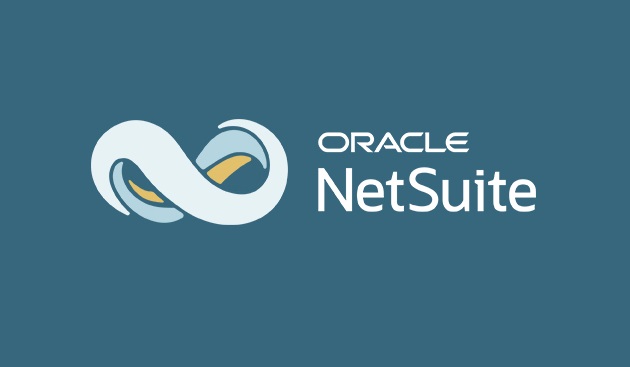From the February 2012 digital issue.
Engagement and trial balance software solutions have evolved significantly over recent years. Engagement programs have grown at a steady pace and at this point are a practical solution for most accounting firms, since the systems are starting to mature and help tie together tax, audit and accounting work and integrate directly with document storage solutions. Trial balance software, however, is slowly vanishing from as the larger software vendors move toward including man of the features traditionally found it them into engagement solutions.
ENGAGEMENT SOFTWARE
Vendors have introduced a wide array of improvements in engagement management systems and are now evolving their products to suit more practitioner needs. These solutions are primarily focused on audit engagements, though many systems may be adapted to fit accounting firms primarily focused on tax compliance, as well as managing bookkeeping engagements in many instances. Most products are fully scalable to meet the needs of the sole-practitioners as well as the very large accounting firms, and nearly all practices in between.
Vertical software integration is still the standard with each engagement product offering, meaning that, with the exception of CaseWare Working Papers, most engagement programs tie directly into the tax and accounting systems within each respective vendor suite. A key difference provided by all engagement solutions is that vendors typically offer some level of import and export functionality of competitor products. This allows practitioners to select the solution that best fits their needs and still not miss out on integration with other key tax and accounting solutions currently implemented.
The engagement solutions reviewed in this section generally had intuitive navigation, with most vendors relying on a Windows Explorer layout design. This should ease much of the conversion process as most users have a high comfort level with the folder tree layout. File type support should not be a concern as virtually any file type is supported throughout each system.
The typical Microsoft Office and PDF files are supported in all cases and allow users to fully edit these files within their native programs. With PDF becoming the standard document storage file format years ago, most systems also have built-in PDF generation capabilities and even rudimentary editing capabilities, which may save smaller firms the cost of PDF editor licensing. Most engagement solutions also rely heavily on templates which are available upon installation or may be created by each respective firm. These templates aid in replicating engagements which ultimately saves valuable time and effort in setting up future engagements.
With tight integration with tax and accounting software solutions, engagement software is becoming a large platform for staff collaboration. Due to advances in syncing technology, practitioners required to work outside the office are no longer burdened with complicated setups to synchronize data with the corporate network. Most engagement products allow users to check out engagement files to take out to the field and sync up later, or when there is a connection available. Live data is typically pushed throughout the files when a connection is present, even if the user is not in the office but has an Internet or VPN type connection. This allows all users currently working on an engagement to see data and any related changes in “real time”.
Security should not be a significant concern for most accounting firms as staff controls are typically strong. User controls within the engagement solutions generally allow management on the program level all the way down to individual file access rights. This allows firms to tailor each engagement as necessary based on staff requirements.
As hosted solutions, engagement products are still not quite there. Only one product, Engagement CS, is available as a fully hosted product. The other systems reviewed only allow portions of the software (if any) to be hosted, such as the underlying data files. This will evolve over the next couple of years, though, as all major accounting vendors are putting a large amount of resources into developing web-based platforms.
Strong help and support options are provided with each product, with many functions moving online and leaving users more to self-troubleshoot system difficulties. While most online database help systems are adequate, sometimes the time spent searching is more than ideal due to differences in how the user views the problem versus how the vendor views the problem. Although not specific to engagement solutions, this is a trend that unfortunately will not be going away anytime soon.
TRIAL BALANCE SOFTWARE
Trial balance solutions have peaked in their functionality and most practitioners prefer today’s software to provide more functions and integrations, and therefore, the solutions reviewed this year were not rated due to these limitations. Trial balance systems, however, are still a necessary component for small firms and simpler engagements, providing a viable option for accounting firms that have not yet converted to a paperless document management system.
Typically, trial balance solutions are utilized by firms to aid with tax compliance. However, all the trial balance solutions reviewed provide a variety of tools to perform other functions, such as financial statement generation. In many instances, the vendor trial balance stand-alone product is not the same as the native trial balance product included within engagement solution. Some features are reserved for the stand-alone product while others are reserved for the full engagement integration.
Thanks for reading CPA Practice Advisor!
Subscribe Already registered? Log In
Need more information? Read the FAQs





